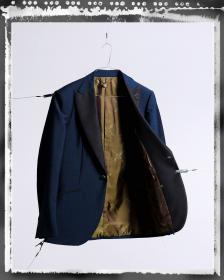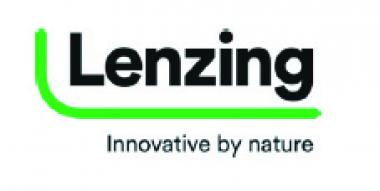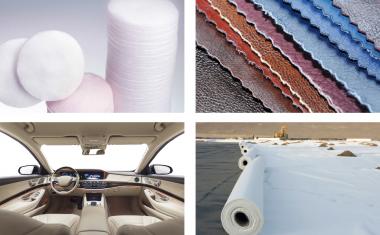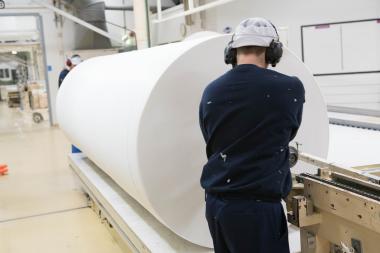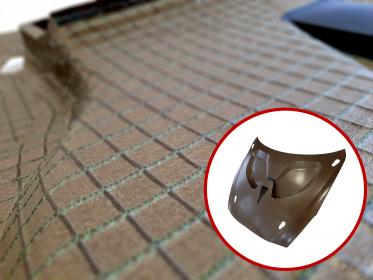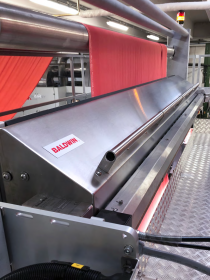Bemberg™ by Asahi Kasei at Filo to unveil its smart DNA story that meet contemporary consumer needs
- FILO, 29th-30th September 2021, booth C5
Bemberg™ by Asahi Kasei has been invited to showcase at Filo fair, the international exhibition of orthogonal weaving yarns for clothing and furnishings, circular knitwear and technical textiles, in a new special area, a dedicated open space reserved to sustainable fibers that will allow visitors to discover all their production cycle and performances, in full relax and transparency.
Bemberg™, an exceptional fiber made from the smart-tech transformation of cotton linters pre-consumer materials and converted through a traceable and transparent closed loop process, will brings to Filo its history, experience, know-how and market partnerships to prove its versatility and design-driven look and touch Last but not least we are talking about a true circular economy-oriented ingredient, with certified sustainable performance: Bemberg™ is biodegradable and compostable material as verified by the INNOVHUB 3rd party test and it has GRS (Global Reycled Standard) certification from Textile Exchange proving recycling authenticity.
Bemberg™ application history starts with high-quality suit lining, but today we can find it in many other applications such as fashion couture, outerwear, innerwear, bedding, and sportswear where its amazing unique touch and quality is offering a distinctive performance.
And to prove all of this, Bemberg™ will be at Filo showing some selected fabric innovation, and three responsible-driven designers representing different and complementary part of contemporary consumer wardrobe: ZEROBARRACENTO, Maurizio Miri and WAXEWUL - who have all chosen Bemberg™ fiber to create special collections. Three different ways to see and represent how sustainability and style – even if completely different ones – together can be highly successful, performing and interesting to the new consumer.
ZEROBARRACENTO, a gender-neutral emerging outerwear brand focusing on zero-waste product development, selects Bemberg™ for two fundamental reasons: firstly, from a stylistic point of view for its extreme versatility: in the various collections we have adopted it to create Kimonos, padded jackets, wrap dresses as well as for the interiors of our garments, which are intended to be soft embraces for total physical and mental comfort. The second but no less important reason is that this fibre has circular values in line with their zero-waste commitment.
The concept of the brand "Maurizio Miri" has a strong personality and a clear intent: to create a product that stimulates the wearer towards beauty. A garment should not simply be worn, but it has also to create a perfect symbiosis with the person wearing it and generate an exchange of positive energies. The purpose is to make the individual feel in perfect harmony with their own image. With this aim in mind, the designer selects extremely precious Bemberg™ linings for their sophisticated tailor jackets.
Finally, WAXEWUL, a brand of sartorial clothing and artisan accessories with an urban-afro soul that has environmental and social sustainability as its basic ethics. WAXEWUL will bring to Filo its brand-new product, the J_Hood Bag: a doubleface jacket with a comfortably removable hood that can be transformed into a finely hidden doubleface bag. An exclusive, innovative and sustainable garment with minimal impact on the environment made of BemBAZIN™ - a new generation of bazin created, patented and produced by Brunello which is composed by the high-tech and responsible fibers of Bemberg™ - on one side and of wax on the other, traceable and certified, guaranteeing a reduction in waste (two jackets in one) and a long-life cycle.
Bemberg™ Asahi Kasei WAXEWUL Zerobarracento Maurizio Miri FILO Milano clothing home furnishing knitwear Technical Textiles
GB Network








